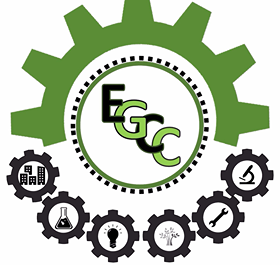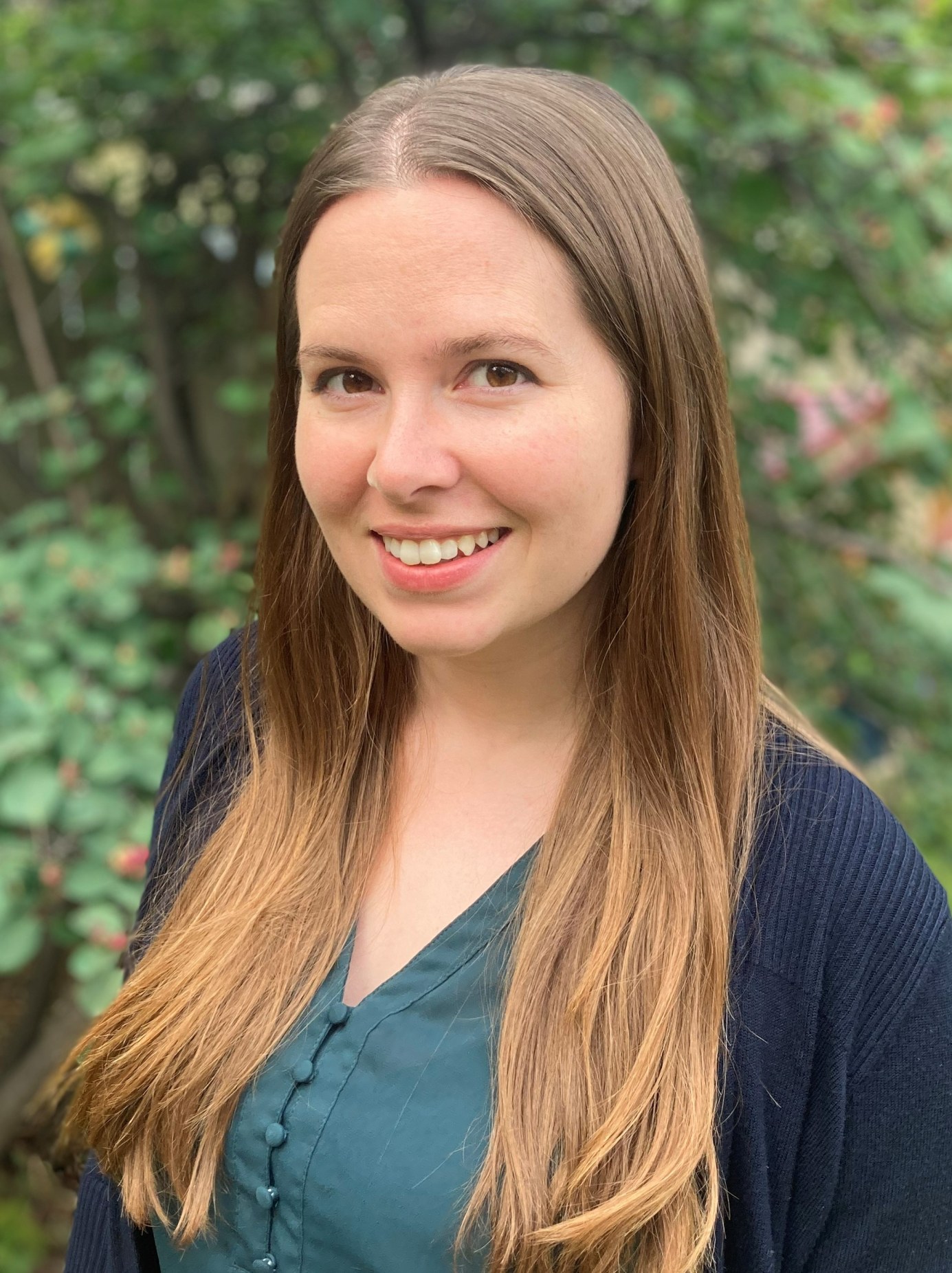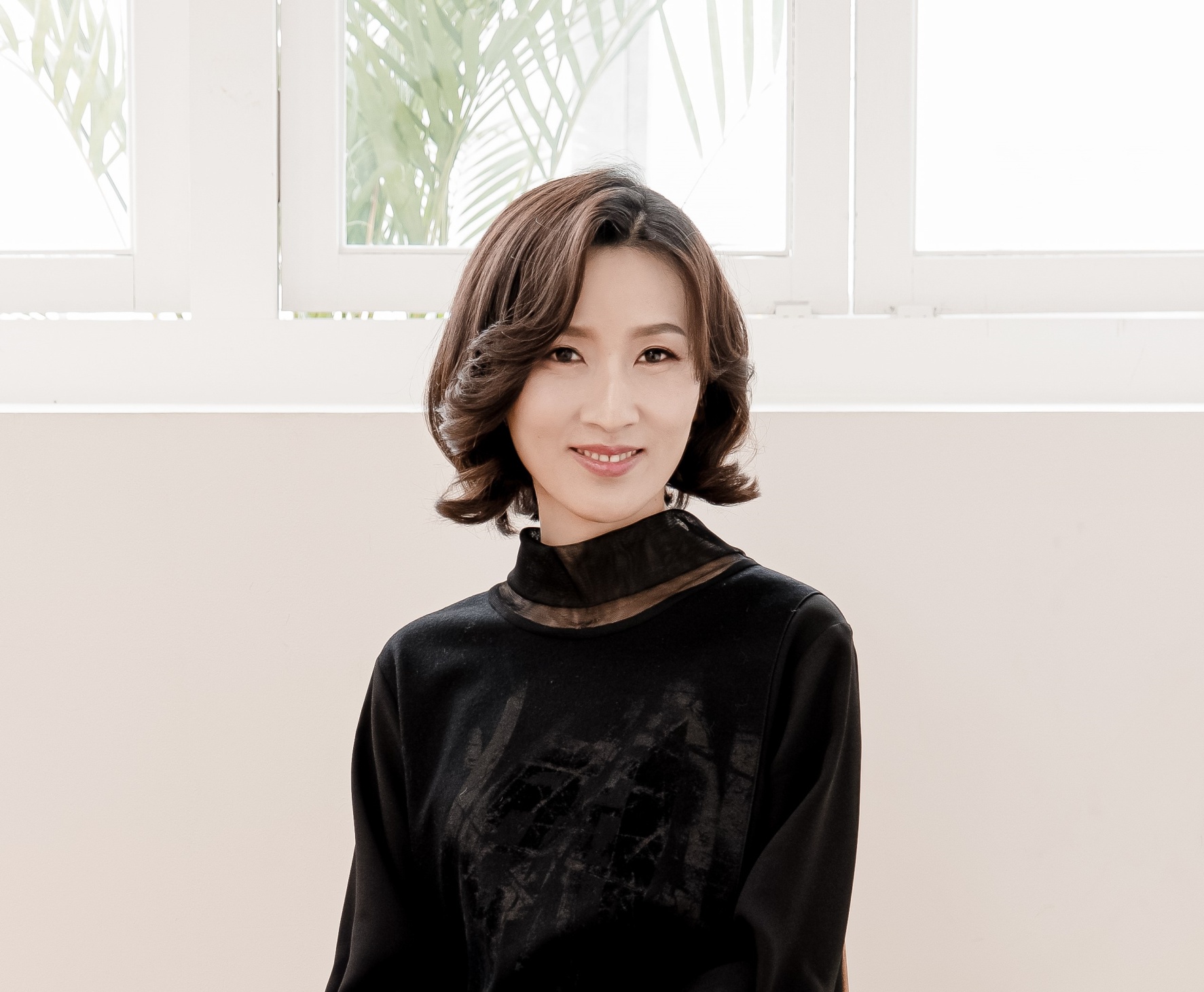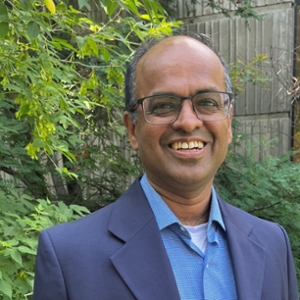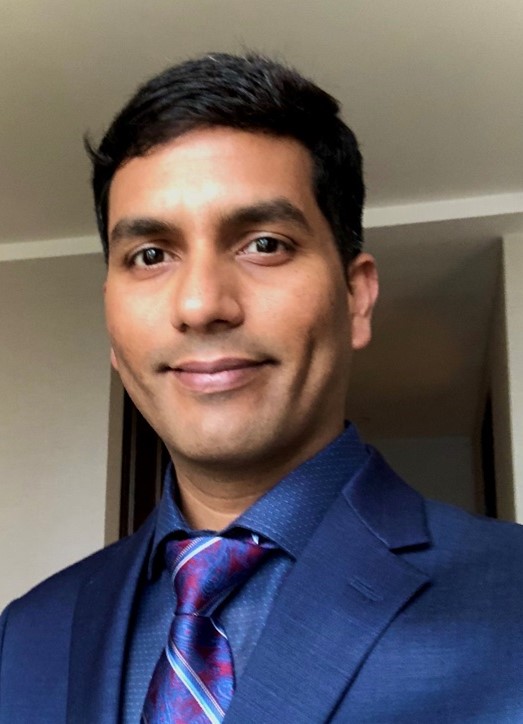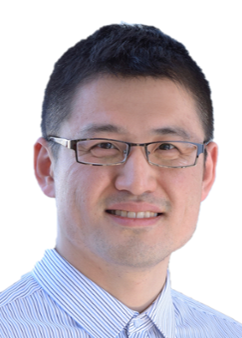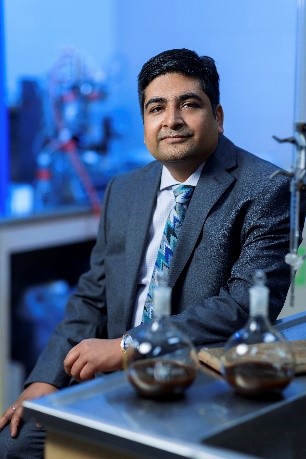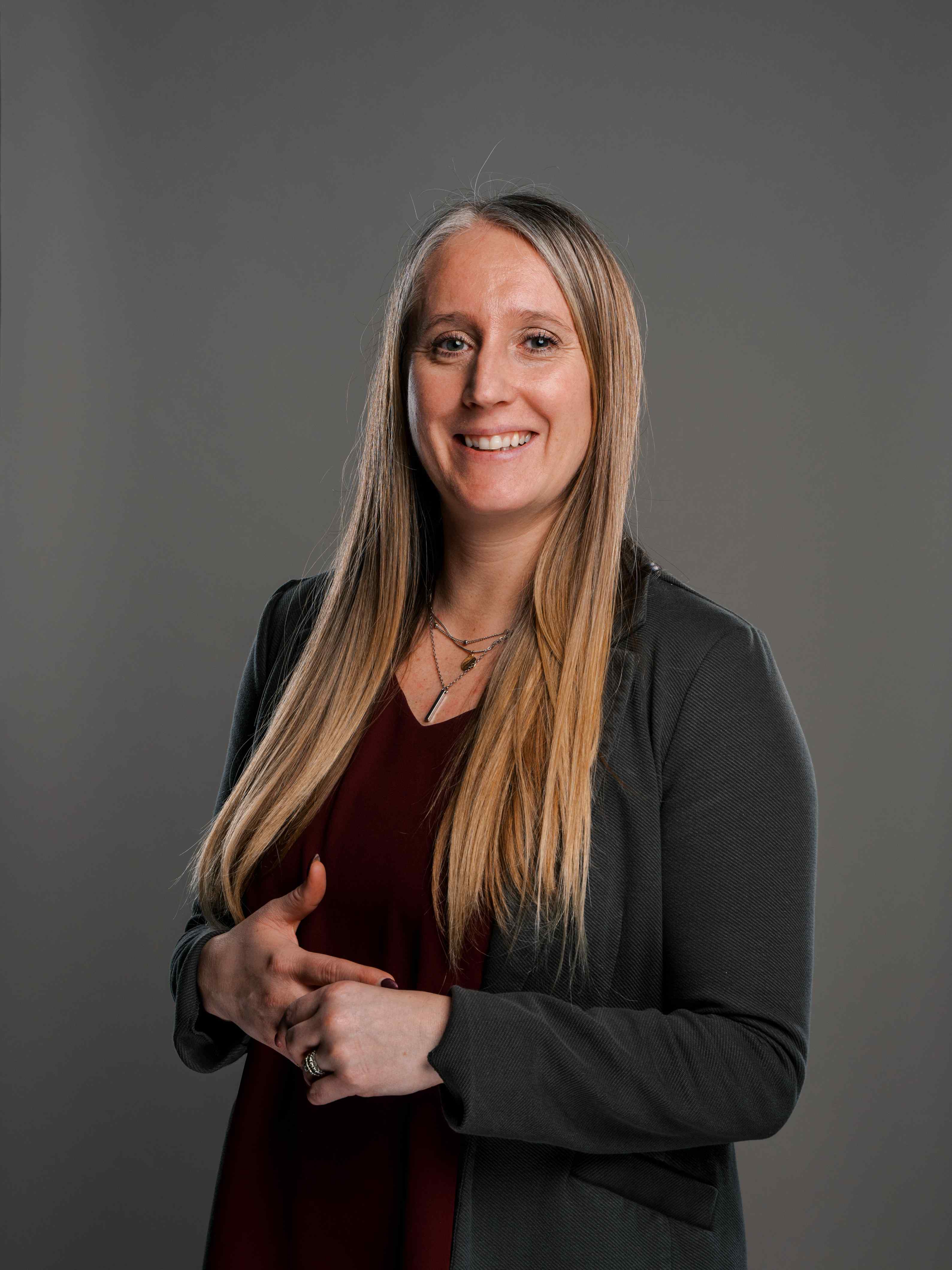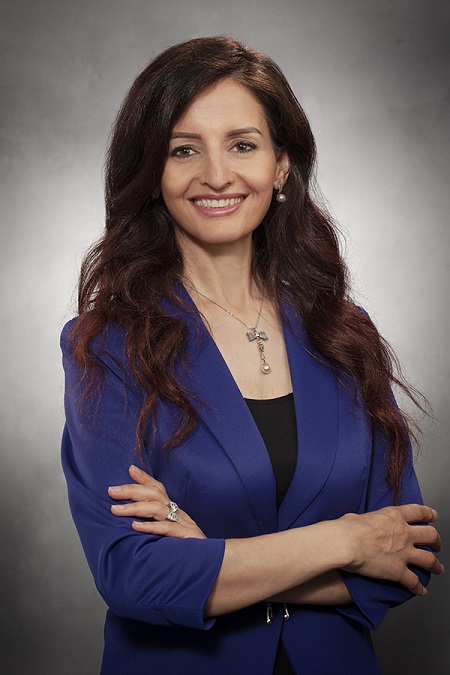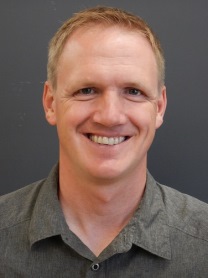6th Engineering 3 Minute Thesis (E3MT) Competition
The Engineering Graduate Community Council (EGCC) invites you to participate in the 2025 Three Minute Thesis (E3MT) Competition of the College of Engineering with a total prize of up to $1,150.
The 6th E3MT competition will be held in-person on March 7, 2025. This year's competition will be held in Engineering Library from 11 a.m. to 3 p.m. The event would not be possible without the support from the Engineering Advancement Trust (EAT), OPUS, SIGMA and the Graduate student's association (GSA). All participants will present their research work and will compete for 1st, 2nd, 3rd, 4th, and 5th place. Participants from all departments within the College of Engineering are invited, which will prepare students for the GSA and the regional 3MT®️ competitions.
- Prizes: Besides 5 main prizes, all participants will receive a package of gifts for their recognition.
- 1st: $400
- 2nd: $300
- 3rd: $200
- 4th: $150
- 5th: $100
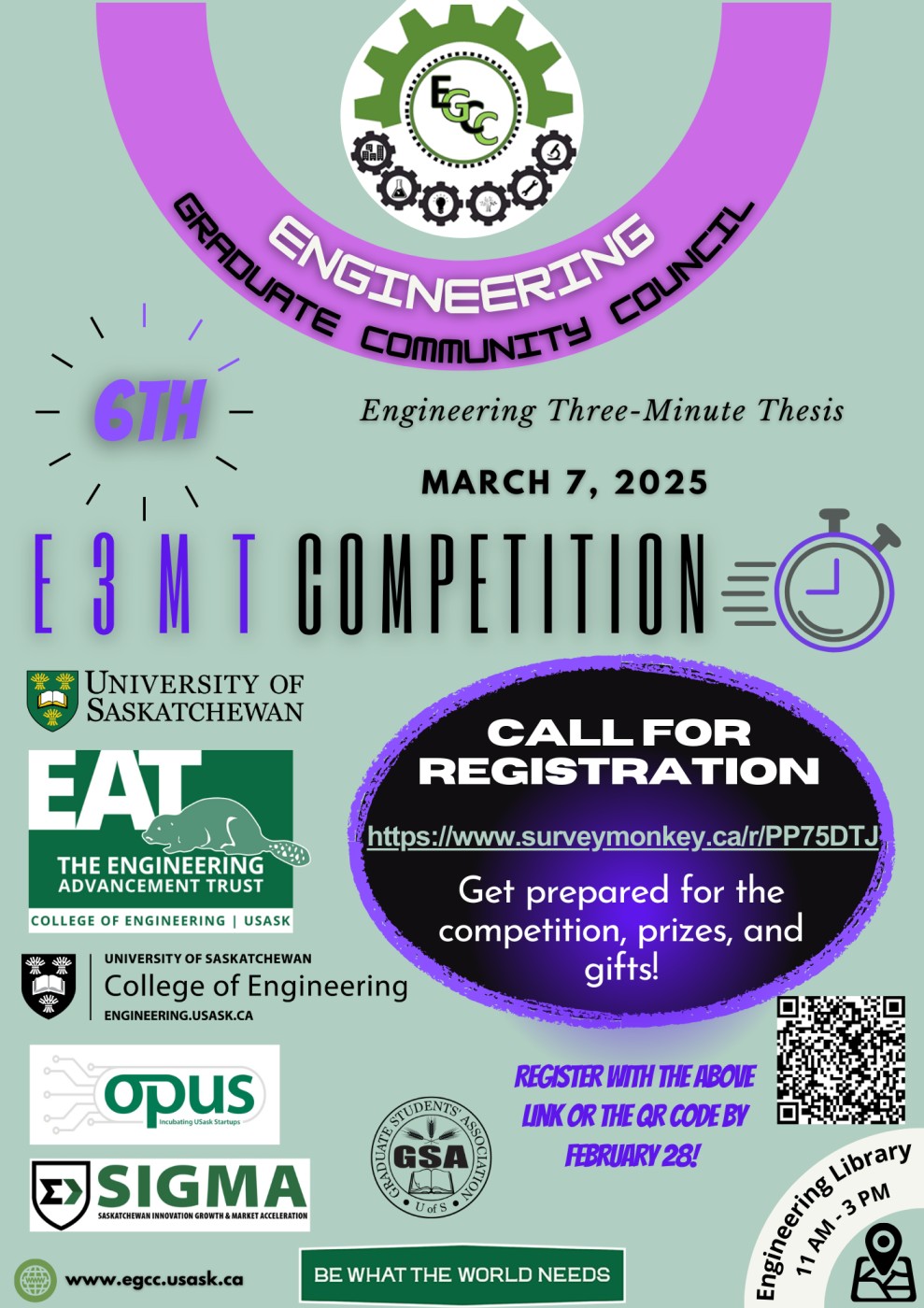
- Eligibility: All Engineering graduate students (Master & Ph.D.)
- Instruction:
- All you need to do is to fill up a registration form: https://www.surveymonkey.ca/r/23BKSTB , and prepare a 1-SLIDE presentation for the event day.
- Academic and industrial judges will evaluate the winners based on communication skills, rather than research quality or results.
For competition rules and judging criteria click here.
Here is the 2022 full event Live stream on our YouTube channel:
|
|
Reisha Peters, Ph.D., Assistant Professor Dr. Reisha Peters is an Assistant Professor in Chemical and Biological Engineering. Her expertise lies in the application of spectroscopy in the ultraviolet, visible, and near-infrared regions. Her recent work focuses on advancing leaf optical modeling, which has important implications for precision agriculture. From 2024 to 2026, Dr. Peters is a USask Sustainability Fellow working towards embedding sustainability in engineering education.
|
|
|
Hyunjung Shin, Ph.D., Assistant Professor Hyunjung Shin is an Assistant Professor in the Department of Curriculum Studies at the University of Saskatchewan. Her research examines how language contributes to social inequality under global political economy and how we may challenge it through transformative pedagogies. She has served as guest editors for special issues of Journal of Multilingual and Multicultural Development (with Joseph Park) and Education Matters. |
|
|
Ramakrishna (Rama) Gokaraju, Ph.D., Professor, Electrical and Chemical Engineering Dr. Ramakrishna (Rama) Gokaraju received his Bachelor of Engineering degree (with Distinction) in Electrical and Electronics Engineering from the Regional Engineering College (National Institute of Technology), Trichy, India in April 1992. He obtained M.Sc. and Ph.D. degrees in Electrical & Computer Engineering from the University of Calgary, Calgary, Canada in June 1996 and May 2000, respectively. He joined the Department of Electrical & Computer Engineering at the University of Saskatchewan as an Assistant Professor in July 2003, received tenure/Associate Professorship in July 2009, and became a professor from July 2015. During his sabbatical leave (2009-2010 academic year), Dr. Gokaraju was a Visiting Professor in the Department of Electrical & Computer Engineering, University of Manitoba, Winnipeg, Canada. During his sabbatical leave (Jan-June, 2014), he was a visiting professor with Power Research & Development Consultants (PRDC), Bangalore, India, and the University of Queensland, Brisbane, Australia. In his sabbatical from January 1, 2018, to June 30, 2018, he was a Visiting Professor in the Department of Electrical Engineering at the Indian Institute of Technology, Kanpur, India. Dr. Gokaraju's research is in the area of power system protection and control, smart grid applications, and sustainable energy systems. His current area of research are in High-Speed Digital Relaying, PMU based solutions for Wide Area Protection & Transient Stability Protection, Fault Location, Dynamic Phasor Modelling of Wind Generators & PV Systems, Interrelated Phenomenon Related to Generator Protection & Control, and Sustainable Energy Systems (including nuclear power). Dr. Gokaraju has completed 8 PhD students and 25 plus Master's students. He has published 80 plus papers in major journals and international conferences. He is a registered professional engineer in the Province of Saskatchewan. |
|
|
Nandhakishore Rajagopalan, Ph.D., National Research Council of Canada Dr. Nandhakishore Rajagopalan is the Team Lead for the Future Agri-food Science and Technologies team at the National Research Council of Canada (NRC), Saskatoon. He obtained a PhD degree from the National University of Singapore in 2008 and carried out his Post-Doctoral studies at the University of Heidelberg, Germany. Dr. Rajagopalan joined the NRC as a Research Officer in 2011. He was appointed as an Adjunct Professor at the Department of Chemical and Biological Engineering, College of Engineering at the University of Saskatchewan in November 2021. He has over 20 publications in reputed peer-reviewed scientific journals and holds a patent for the identification of a peptide with biopharmaceutical applications. His scientific accomplishments include the development of a potent synthetic analog of the plant hormone abscisic acid and the characterization of a plant membrane transport protein that provides durable resistance against leaf rust disease in wheat. He has received multiple international awards and recognition, such as, the Young Scientist Award from the Human Proteome Organization (HUPO), the Boehringer Ingelheim Fonds Award and the Alexander von Humboldt Foundation Fellowship. Recently, under NRC’s Sustainable Protein Production strategy, he has built a team to establish capabilities in food processing technology development, food chemistry and foodomics. |
|
|
Tate N. Cao, P.Eng, MBA, Assistant Professor Tate N. Cao is an Assistant Professor in the Ron and Jane Graham School of Professional Development at the University of Saskatchewan. He is the La Borde Chair in Engineering Entrepreneurship and teaches courses on engineering technology management, product design, and entrepreneurship. His research interests include 3D printing in tissue engineering and healthcare, smart farming technologies, and entrepreneurial practices. He has founded and directed the SIGMA Educational Skill Accelerator program and serves on several boards, including the Asian American Innovation Alliance, Co. Learn, Tech Innovation and Engineering Entrepreneurship group at CEEA, and the Pan Canadian Smart Farm Network. Prior to joining USask, he practiced intellectual property law and built and managed startup companies. Prof. Cao received his bachelor's degree in Biomedical Engineering from the Beijing Institute of Technology and his Master's in Biomedical Engineering and MBA from the University of Saskatchewan. He is one of the six USask Sustainability Faculty Fellow and leads the Smart Farming Initiative at the College of Engineering.
|
|
|
Bishnu Acharya, Ph.D., Saskatchewan Ministry of Agriculture Chair in Bioprocess Engineering, Associate Professor Dr. Bishnu Acharya is an Associate Professor in the Department of Chemical and Biological Engineering at the University of Saskatchewan and the Saskatchewan Ministry of Agriculture Research Chair in Bioprocess Engineering. His research expertise lies in the area of bioprocessing and conversion, particularly in the emerging area of conversion of biomass to bioproducts for chemical, material, and energy applications by adopting a circular bioeconomy approach. Dr. Acharya’s research investigates biomass characterization, thermochemical (torrefaction, hydrothermal, pyrolysis, gasification, combustion), biological (fermentation and anaerobic digestion) and chemical synthesis processes for the conversion of low value biomass to high value bioproducts. He is also developing research capacity to analyze the biopolymer and biobased materials at the University of Saskatchewan. Before joining University of Saskatchewan, he worked at the University of Prince Edward Island. Prior to that he worked for Greenfield Research Incorporated in Halifax, Canada as General Manager - Projects where he led several design and training projects for the development of clean technology. Dr. Acharya is awarded with Engineers PEI – Engineering Excellence Award (2019) for his professional contribution towards the development of innovative bioproducts from nuisance biomass. His scholarly achievements are recognized with UPEI Faculty Association - Scholarly Achievement Award (2019), and Graduate Faculty Appreciation Award (2018). Dr. Acharya research work has been published in 5 book chapters, 70 journal articles and several conferences. He has 1 US provisional patent filed (with another under consideration). In last 7 years, he has supervised/co-supervised more than 40 HQP and has received around 3 million dollars of funding to support his research activities. Dr. Acharya is also a founding member and scientific advisor of a spin off company that focuses on the commercialization of tunicate-based cellulose nanomaterials. He has bachelor’s degree in Mechanical Engineering from Tribhuvan University - Nepal, Masters in Energy Technology from Asian Institute of Technology – Thailand and Doctoral Degree in Mechanical Engineering from Dalhousie University – Canada. |
|
|
Erin Kulhawy, Ph.D., Tech Transfer Office Erin holds a PhD in neuroscience and has more than six years’ experience supporting the commercialization of medical and life sciences technologies in both industry and University settings. In industry, Erin worked for a Canadianbased drug development company, identifying and evaluating new business opportunities in areas of oncology, immunology and neurology. As a Tech Transfer Officer at USask, Erin works closely with University of Saskatchewan researchers to manage intellectual property and commercialization of new inventions, particularly those in the medical and life sciences sectors. |
|
|
Rana Mustafa, Ph.D., Research Facilitator Dr. Rana Mustafa is a multilingual Food Scientist, Leadership Coach, Positive Intelligence® Coach, and Entrepreneur with over 20 years of expertise in academia, innovation, research, and project management. She has helped hundreds of university students and researchers develop the skills and networks they need to bring their research to market and make an impact beyond the academic world. In her role as a Research Facilitator at the College of Engineering, University of Saskatchewan, Dr. Mustafa supports faculty and researchers by assisting them with grant applications, identifying funding opportunities, and streamlining submission and compliance processes. She also fosters industry partnerships and contributes to the college's strategic research initiatives. |
|
|
Warren Helgason, PhD., P.Eng., Associate Professor Warren Helgason, Ph.D., P.Eng. is an Associate Professor in the Department of Civil, Geological, and Environmental Engineering at the University of Saskatchewan. His research focuses on atmospheric boundary layer processes and energy and mass transport in the soil-plant-atmosphere continuum. The work of Dr. Helgason and his research team contributes to the goal of sustainable agricultural water management on the prairies.
|
1st place:
Kathryn Avery
2nd place:
Samira Khoz
3rd place:
Garret Churchill
4th place:
Eleonora Inacio Fernandez
5th place:
Jane Danoczi
|
# |
Time |
Name |
Title |
|
1 |
11:25 AM |
Runrong Yin |
Dehulling of Canola |
|
2 |
11:30 AM |
Gopesh Patel |
Influence of polydispersity on emulsion gelation |
|
3 |
11:35 AM |
Kayla Walker |
Solving the puzzle with FUSE MRI |
|
4 |
11:40 AM |
Md Rezanur Rahman |
Observation of flow behaviour in a vertical slot fish pass |
|
5 |
11:45 AM |
Mehryana Alizadeh |
Single-atom catalysts |
|
6 |
11:50 AM |
Jane |
EcoSmart Ore Processing: Enhancing Mining Efficiency and Sustainability |
|
7 |
11:55 AM |
Kathryn Avery |
A Breath of Innovation: Combining 3D Bioprinting & Artificial Breathing Machines |
|
8 |
12:00 PM |
Surbhi Takyar |
The Mystery of Missing Eggshells |
|
9 |
12:05 PM |
Tahmid Ibn Sayeed |
Feasibility of absorption heat pumps in cold climate |
|
10 |
12:10 PM |
Sumana Majumder |
Tunicate-derived Cellulose nanocrystals as a Sustainable Stabilizer for oil-in-water Pickering Emulsion |
|
11 |
12:15 PM |
Ganapathy Subramanian Meenakshi Sundaram |
Tribo-electrostatic system for protein starch separation |
|
12 |
12:20 PM |
Danyil Dmytriiev |
Embrace X-rays: Sharper Focus, Bigger Discoveries |
|
13 |
12:25 PM |
Ernest Agyekum |
Transfer of Gaseous Contaminants in Energy Wheels. |
|
14 |
12:30 PM |
Eleonora Inacio Fernandez |
From Pixels to insights: Radiomics in knee osteoarthritis research |
|
15 |
1:20 PM |
Yesu Ramya Kandregula |
Biomass to renewable bio-based electrodes |
|
16 |
1:25 PM |
Shabnam Izadpanah |
Sound Waves and Pea Protein: A Recipe for Better Flavor and Texture? |
|
17 |
1:30 PM |
Mohammadreza Soleimaninejad |
From Clumps to Clouds: Fluidizing Pea Protein Powder |
|
18 |
1:35 PM |
Ravi Patel |
Bio-additives added to cementitious materials: An approach to develop green concrete composites |
|
19 |
1:40 PM |
Talal Ahmed |
Development of Bio-adhesive using plant based proteins |
|
20 |
1:45 PM |
Tolen Moirangthem |
Degassing beans using radio waves |
|
21 |
1:50 PM |
Garret Churchill |
Fields of Fuel: Can we Unlock Fuel Sustainability in Canadian Agriculture Residues? |
|
22 |
1:55 PM |
Samira Khoz |
Revealing the Secret Life of Tissue Scaffolds: Engineering the Invisible |
|
23 |
2:00 PM |
Beti Hosseinpour Ganjaroudi |
Numerical simulation of droplet generation of three-component immiscible fluids in a T-Junction Microfluidic Lab-On-chip system |
|
24 |
2:05 PM |
Ravichandra Patil |
Unlocking the Power of Fats, Oils, and Grease (FOG) Waste for Renewable Energy |
